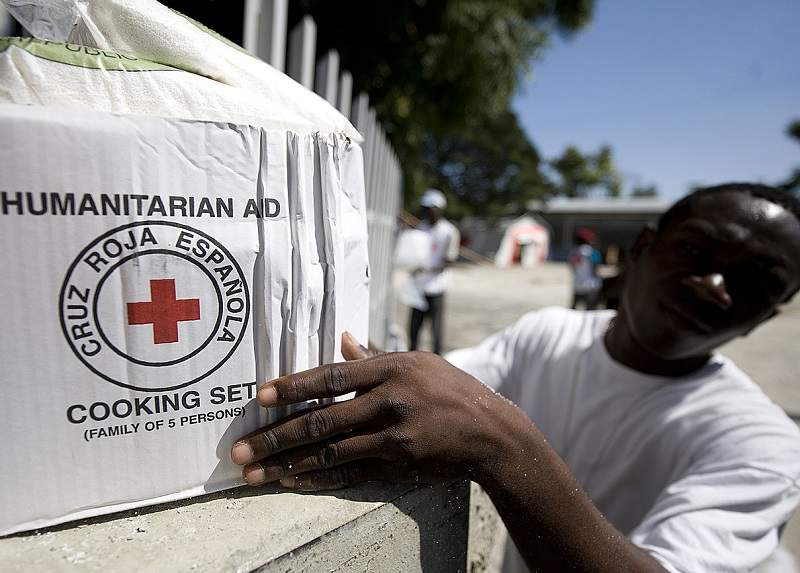
Pharmaceutical company Novo Nordisk has announced it will work with The International Committee of the Red Cross (ICRC) and the Danish Red Cross (DRC) to tackle chronic care in humanitarian crises.
The partnership will tackle non-communicable diseases (NCDs)─a growing issue that affect millions of people living in humanitarian crises around the world.

Discover B2B Marketing That Performs
Combine business intelligence and editorial excellence to reach engaged professionals across 36 leading media platforms.
NCDs are long-term conditions that generally progress slowly, such as cardiovascular diseases, asthma and diabetes. Although NCDs affect many of the 65 million people currently fleeing conflict, this is not reflected in resources for humanitarian crises, which focus instead on more acute health threats such as infectious diseases and injuries.
There is a great unmet need for those living with NCDs in humanitarian crises, with the risk of exacerbating chronic conditions such as diabetes and hypertension two to three times higher than beforehand.
The partnership will focus on three main areas: supplying low-cost human insulin to Red Cross operations globally, Novo Nordisk supporting ICRC’s and DRC’s health programmes particularly efforts to improve NCD prevention, and projects to provide care to people with hypertension and diabetes in humanitarian crises.
Novo Nordisk will adapt its ordering and production procedures to better serve the needs of humanitarian organisations and share its knowledge on handling and distributing cold chain products. The company will make a financial contribution of DKK 21.5m.

US Tariffs are shifting - will you react or anticipate?
Don’t let policy changes catch you off guard. Stay proactive with real-time data and expert analysis.
By GlobalDataThe ICRC and DRC will be responsible for the implementation of demonstration projects on the ground.
ICRC president Peter Maurer said: “Non-communicable diseases are a silent killer and often overlooked during times of armed conflict. All people need access to appropriate health infrastructure and medicines to manage their health. If you look at Yemen, Syria, Iraq and beyond, thousands will remain with life-threatening illnesses if they are not able to receive essential medical supplies such as insulin to treat diabetes.”
The partnership will also collaborate with the Health in Humanitarian Crises Centre at the London School of Hygiene and Tropical Medicine.
DRC secretary general Anders Ladekarl said: “As partner organisations we will use our influence and scale to do more to address the needs of people living with NCDs in humanitarian crises, and advocate together with other humanitarian and health actors to promote this agenda. This partnership is a first step in realising our collective aspiration that all people with NCDs in humanitarian settings have access to care.”
Several other pharmaceutical companies have joined efforts to tackle NDCs in developing countries in recent years, with GlaxoSmithKline partnering with UK and South African medical research councils to carry out research on NCDs in Africa in 2014, and Novartis and the International Committee of the Red Cross supplying NCD drugs to refugee camps in Lebanon in 2016.




